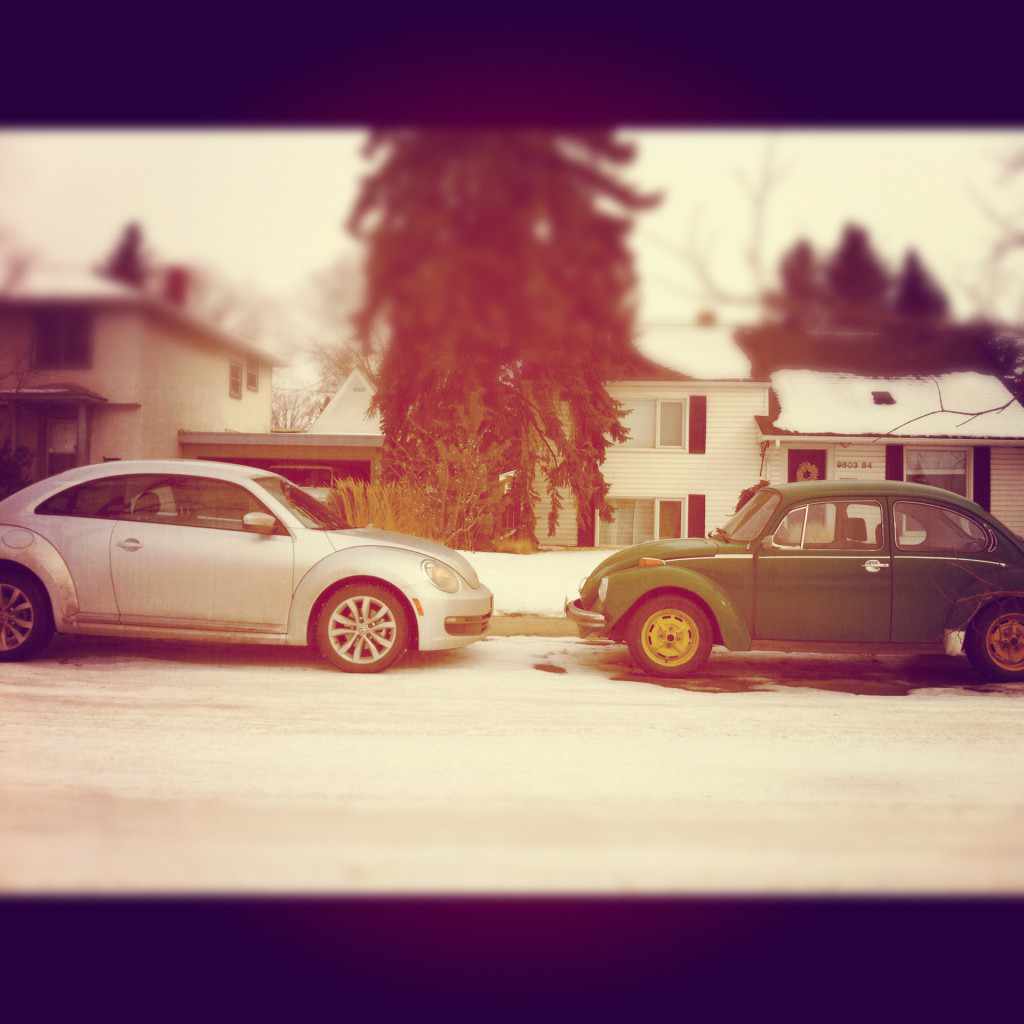by Peter D
“ποταμοῖσι τοῖσιν αὐτοῖσιν ἐμϐαίνουσιν, ἕτερα καὶ ἕτερα ὕδατα ἐπιρρεῖ”
Heraclitus, the pre-Socratic Greek philosopher, said that change alone is unchanging. Roughly, his quote above translates to: “You cannot step into the same river twice, for fresh waters are ever flowing in upon you”. But even if this is quite an old idea, it sounds circular to say that nothing is forever except the fact that nothing is forever. It sounds so obvious, no?
Well, no. It’s actually quite deep.
This thought is partially echoed in Hindu philosophy, which speaks of earthly impermanence, but Hinduism takes it a step beyond the plausible by manufacturing transcendent constructs that supersede our knowable universe and it is these constructs that are believed to be impermanent. This is not to decry Hinduism, or any organized religion, for these are the most useful and valuable institutions yet created by man. Ironically, they also seem to be the most lasting. It makes for a great story, a beautifully illustrated allegory, but it also results in concepts such as the Soul. No, not the Kia Soul, although I’m still waiting to hear back from Kia Canada’s PR people as to the validity of this perfectly reasonable connection, but rather the human Soul. It’s a troubling concept, the Soul, but an understandably appealing one as well.
Buddhist philosophy counters its more widely adopted relatives with the concept that nothing is exempt from the unending sea of change, and that there is no permanent and fixed reality of any sort. Buddhism also adopts the notion of re-birth, but, and this is the important part, once enlightenment is achieved, even that comes to an end. The concept of a constant flux is also in line with our contemporary understanding of biological science. We know that every cell in our body is constantly changing – proteins are being transported, DNA is being synthesized, energy is being produced – there is nothing static at this fundamental level of life.
So if there is no impermanence at the most basic level, it’s implausible that impermanence should be an emergent function of more complex beings such as ourselves. If anything, as we see with banks and governments, larger and more complex structures are in fact more fragile and more vulnerable to changing environments. Just as are we, the beings that trillions of individual cells conspire to shape. If each cell is always changing then so are we. Besides, are we not different than we were yesterday? Have we not grown and changed in the past five years? We’ll all sheepishly admit that, yes, we’ve changed, but unless really pressed, it’s convenient, perhaps even natural, to forget this. By default, we feel adrift in a constant and ceaseless stream of nowness – we feel as if there is something intrinsic and unchanging at our cores – something that is constant while everything around us shifts, swirls, and swings.

